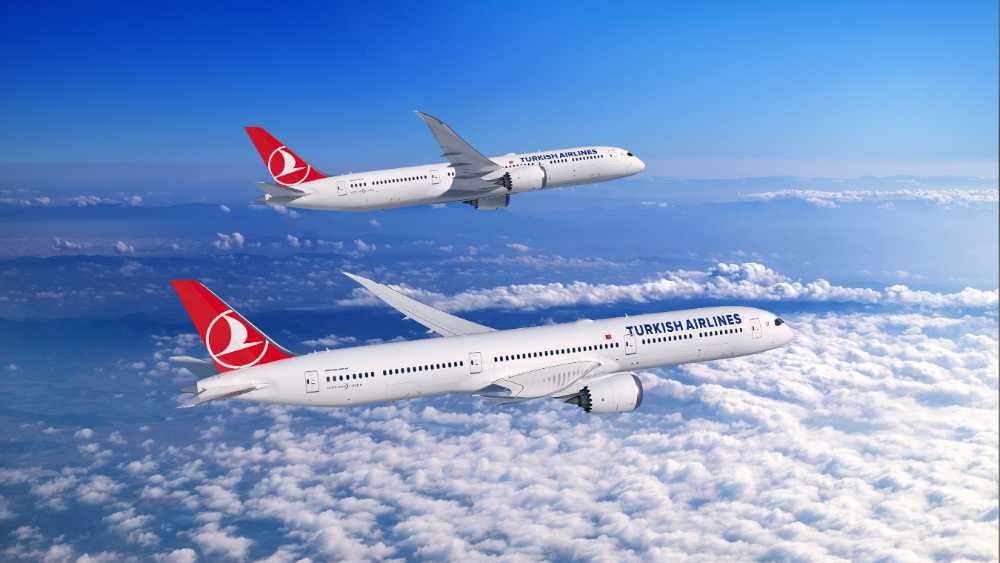A major new study challenges the long-held belief that light drinking might protect brain health, finding instead that any level of alcohol consumption could increase dementia risk.
The comprehensive research, published in BMJ Evidence-Based Medicine this month, combined data from over half a million participants across the UK Biobank and US Million Veteran Program with genetic analyses from roughly 2.4 million people.
“Our findings challenge the common belief that low levels of alcohol are beneficial for brain health,” said Dr. Anya Topiwala, Senior Clinical Researcher at Oxford Population Health and lead author of the study. “Genetic evidence offers no support for a protective effect – in fact, it suggests the opposite.”
While observational data initially showed the familiar U-shaped pattern – where non-drinkers and heavy drinkers appeared to have higher dementia risk than light drinkers – the genetic analyses revealed a different story. When researchers used genetic markers as proxies for alcohol consumption, they found a steady increase in dementia risk with higher alcohol intake.
This genetic approach helps overcome a significant problem in previous research. The study discovered that people who later developed dementia had often reduced their drinking before diagnosis. This “reverse causation” effect helps explain why past studies seemed to show protection for light drinkers – it wasn’t that light drinking protected them, but rather that those who reduced their drinking might have done so because of early cognitive decline.
More Posts
The numbers paint a concerning picture. A three-fold increase in weekly drinks raised dementia risk by approximately 15%. Heavy drinking (over 40 drinks weekly) was linked to a 41% higher risk, while alcohol use disorder was associated with a 51% increase in dementia risk.
These findings have significant public health implications. The researchers estimate that halving the prevalence of alcohol use disorder could potentially reduce dementia cases by up to 16%.
Dr. Stephen Burgess, Statistician at the University of Cambridge, explained the significance of their genetic approach: “The random nature of genetic inheritance allows us to compare groups with higher and lower levels of alcohol drinking in a way that allows us to make conclusions that untangle the confusion between correlation and causation.”
However, experts not involved in the research urge caution in interpretation. Professor Sir David Spiegelhalter noted that the genetic findings relate to genetically predicted intake and depend on certain assumptions. Professor Tara Spires-Jones pointed out that while the associations are strong and alcohol’s neurotoxicity is well-established, the study doesn’t conclusively prove direct causation.
Dr. Joel Gelernter, Professor at Yale University and senior author, emphasized the shift in understanding: “There was a time when medical knowledge seemed to support that light drinking would be beneficial to brain health, and this work adds to the evidence that this is not correct.”
The research joins growing evidence suggesting alcohol may have no safe threshold for brain health. With dementia affecting millions globally and numbers projected to rise as populations age, these findings may influence both personal choices and public health strategies aimed at reducing alcohol consumption.
For those concerned about brain health, the message appears increasingly clear – when it comes to alcohol and dementia risk, less may be better, and none might be best.



















